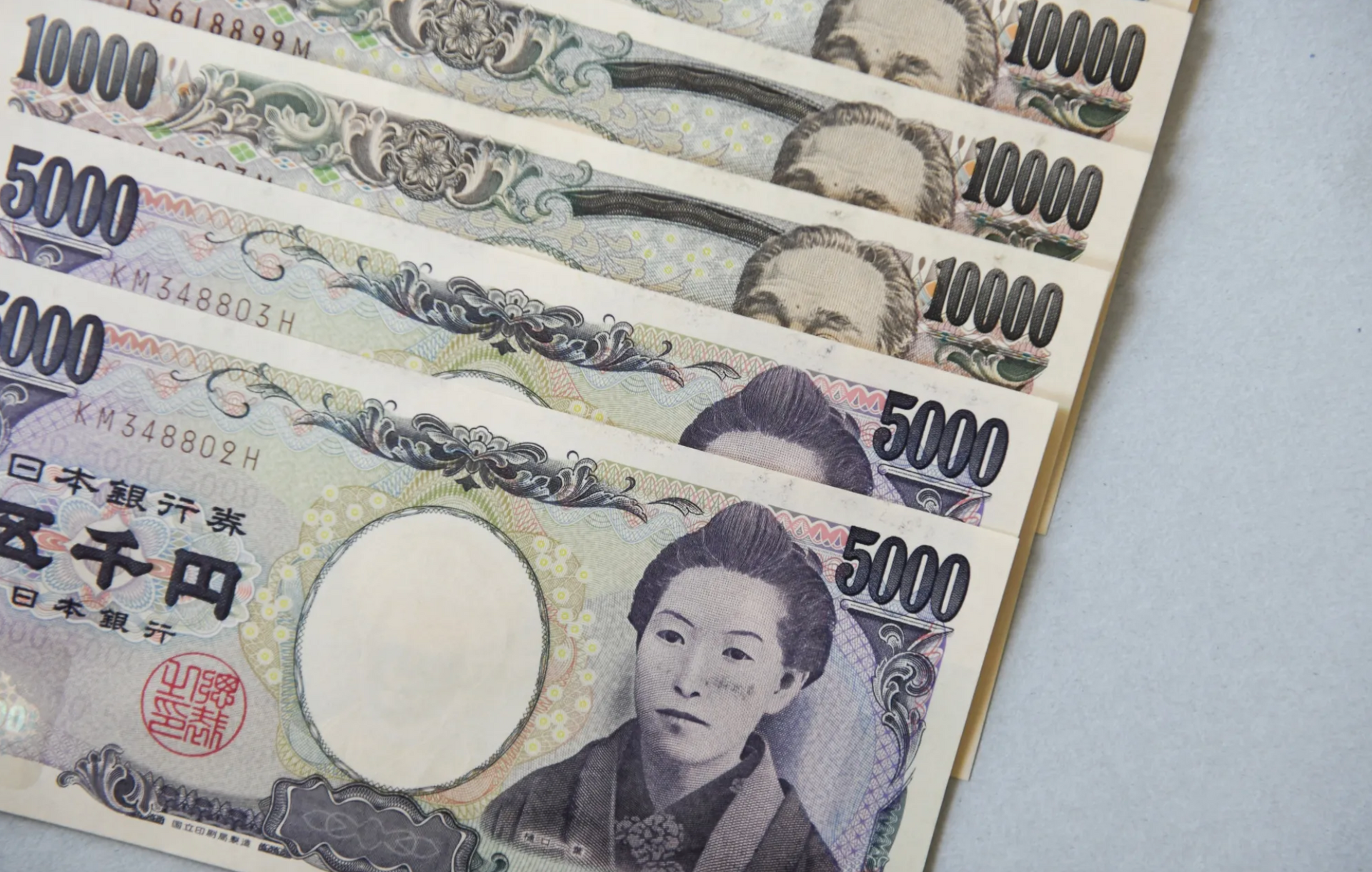On the morning of April 29, the Japanese Yen exchange rate continued to increase at many domestic banks. Transactions on the free market also recorded an upward trend, with the buying price of 183.5 VND/JPY and the selling price of 184.52 VND/JPY.
At banks, Vietcombank listed the buying price at 176.15 VND/JPY and the selling price at 187.34 VND/JPY, an increase of about 1.5 - 1.6 VND compared to yesterday. VietinBank also adjusted the price up similarly, buying at 178.92 VND/JPY and selling at 186.92 VND/JPY.
BIDV raised the buying rate to 178.74 VND/JPY and the selling rate to 187.08 VND/JPY. Agribank had the strongest increase, raising the buying rate to 178.38 VND/JPY and the selling rate to 186.56 VND/JPY. Techcombank traded at 175.65 VND/JPY for buying and 188.27 VND/JPY for selling.
Sacombank and Eximbank both recorded an increase of over 1.5 VND each way, with Eximbank being the bank with the highest buying price of Japanese yen (179.79 VND/JPY), while HSBC has the lowest selling price (186.13 VND/JPY).
In general, this morning, the buying rate of Japanese Yen at banks fluctuated from 175.65 to 179.79 VND/JPY, while the selling price was between 186.13 and 188.82 VND/JPY.
On the black market, the price of Japanese yen also increased slightly, remaining at 183.5 VND/JPY for buying and 184.52 VND/JPY for selling.

The Japanese yen (JPY) was under pressure in Asian trade on Tuesday morning as signs of easing tensions between the US and China dented demand for safe-haven assets. In addition, the appearance of USD buying orders also pushed USD/JPY to near 142.00 during the session.
However, the possibility of the yen falling further remains limited as investors await a policy decision from the Bank of Japan (BoJ) later this week.
The BoJ is expected to keep interest rates unchanged at its meeting on Thursday, amid concerns that new US tariffs could hurt Japan's economic growth.
Still, rising domestic inflation and improving wages give the BoJ more room to consider tightening policy in the future. Geopolitical tensions and uncertainty over US President Donald Trump’s trade policies are also supporting the yen’s strength.
The market sentiment was buoyed by comments from US Treasury Secretary Scott Bessent that many countries had made positive proposals on tariffs, raising hopes of easing US-China trade tensions.
However, conflicting information from both sides makes the negotiation picture more unpredictable, especially when Beijing denies that there are negotiations as claimed by Washington.
In this context, the BoJ is expected to act cautiously, pausing interest rate hikes to avoid putting further pressure on the economy.
Still, rising inflation and hopes of a quick trade deal between the U.S. and Japan could pave the way for the BoJ to continue normalizing monetary policy this year, in contrast to expectations that the U.S. Federal Reserve will cut interest rates again starting in June.
Global tensions also rose as Russian President Vladimir Putin unexpectedly announced a 72-hour ceasefire in Ukraine, which Ukrainian President Volodymyr Zelensky rejected. Continued geopolitical risks helped the safe-haven yen maintain its strong position.
The US dollar has recovered from a multi-year low last week, but the current rally is quite weak, as the market still doubts President Trump's policies and waits for more new economic data from the US.
Investors are focusing on information such as JOLTS employment data, personal consumption expenditures and non-farm payrolls (NFP) due out this week to further assess the Fed's monetary policy outlook.
Source: https://baoquangnam.vn/ty-gia-yen-nhat-ngay-29-4-2025-tang-nhe-trong-nuoc-3153880.html


![[Photo] Crane falls on container truck and car at traffic construction site](https://vphoto.vietnam.vn/thumb/1200x675/vietnam/resource/IMAGE/2025/5/31/a8d3ae08da324cfe8ee406174c0eacc4)
![[Photo] Prime Minister Pham Minh Chinh chairs a Dialogue with businesses and business associations](https://vphoto.vietnam.vn/thumb/1200x675/vietnam/resource/IMAGE/2025/5/31/b606d6f6ff584fa28af9f353c91bf15d)



![[Photo] Emotional and proud flag-raising ceremony and military review on Truong Sa island](https://vphoto.vietnam.vn/thumb/1200x675/vietnam/resource/IMAGE/2025/5/31/9b52525fce6f433083cd0a5bfee59f49)





















































































Comment (0)